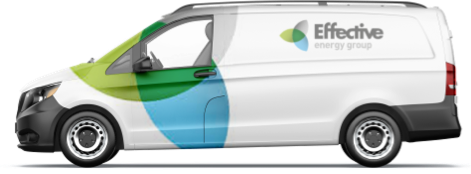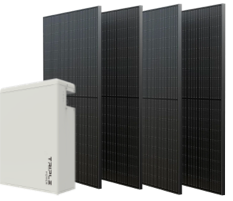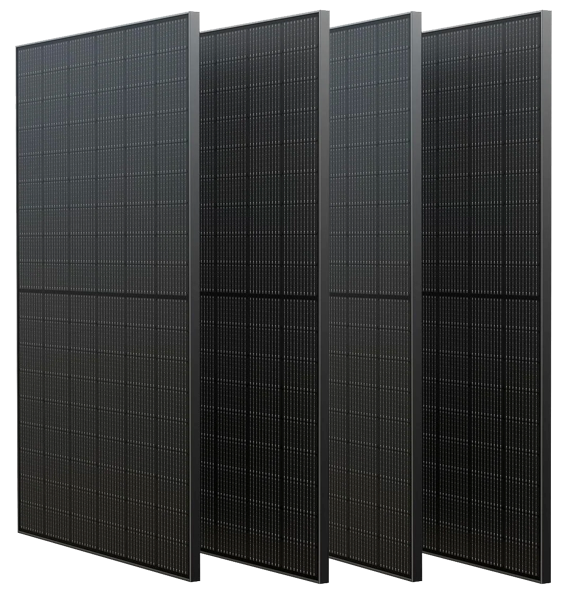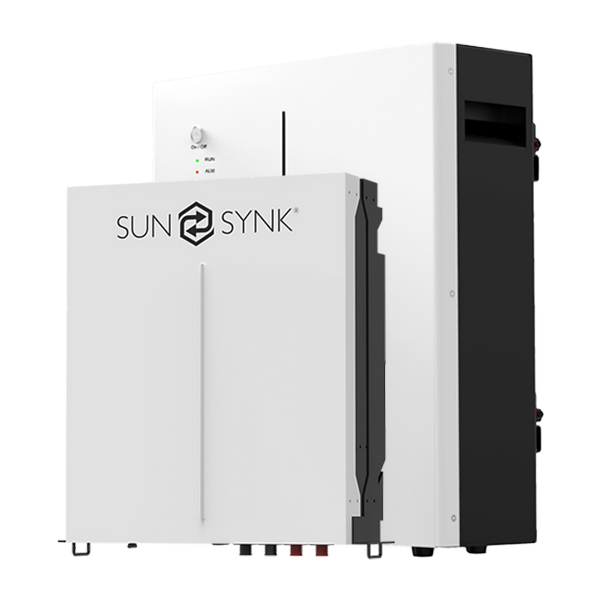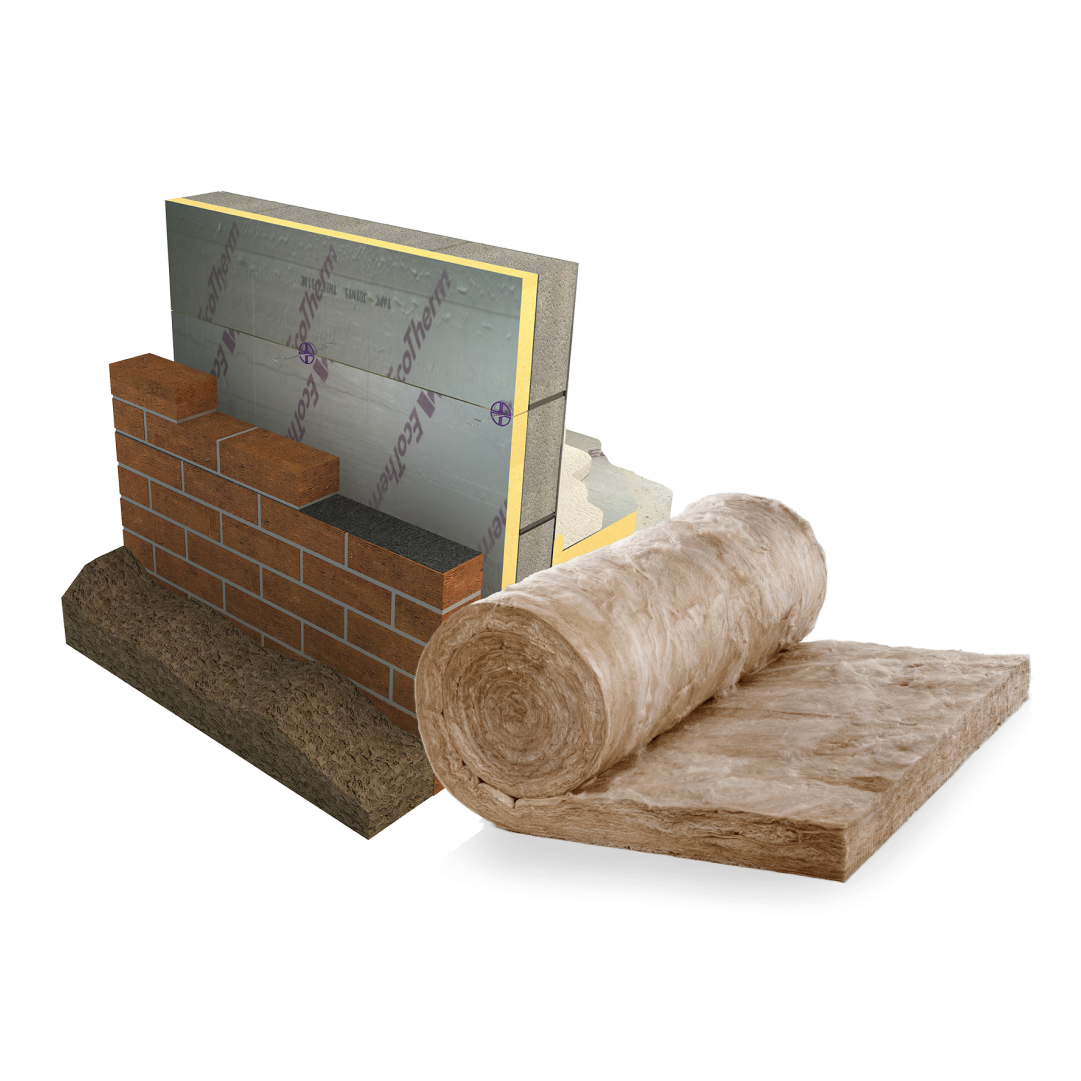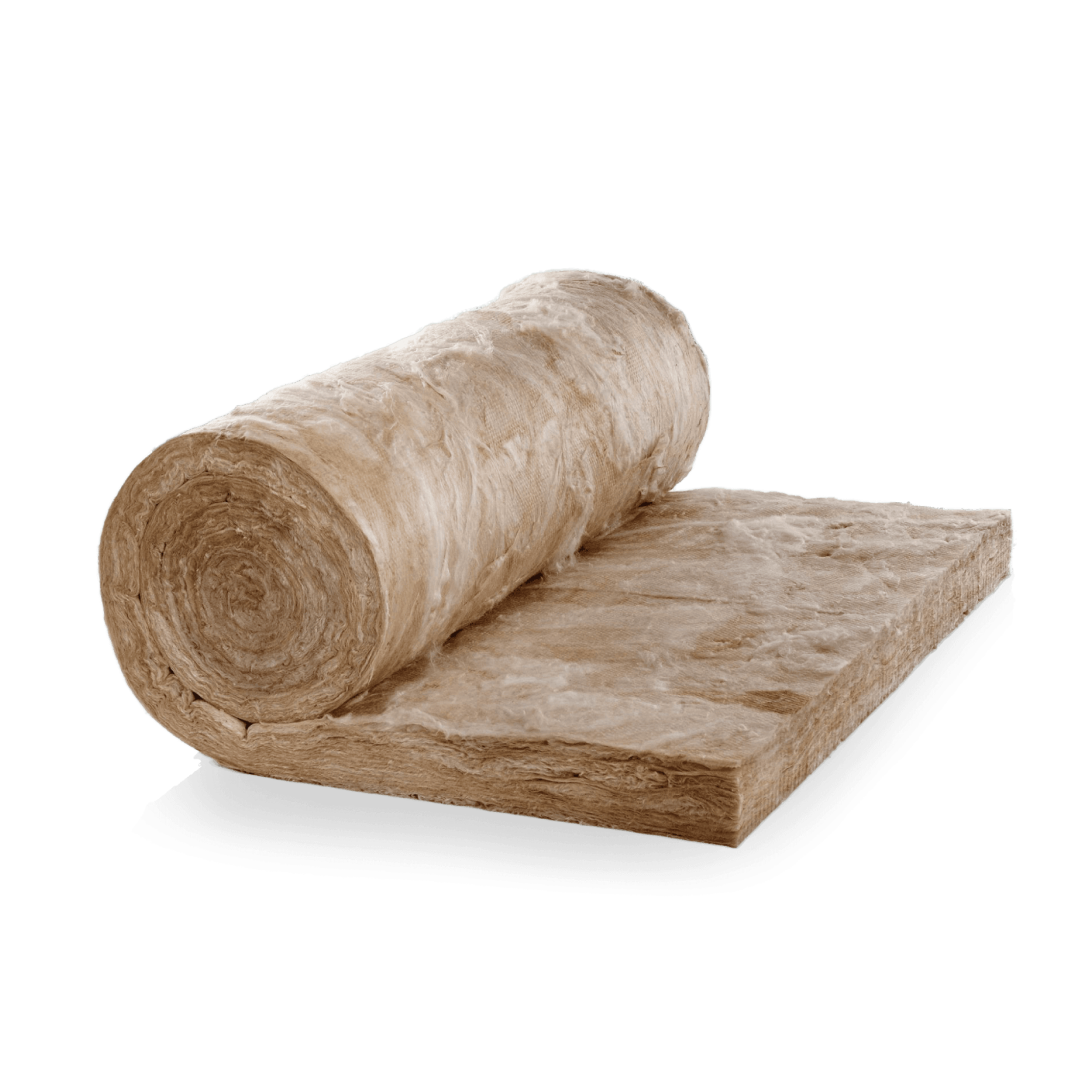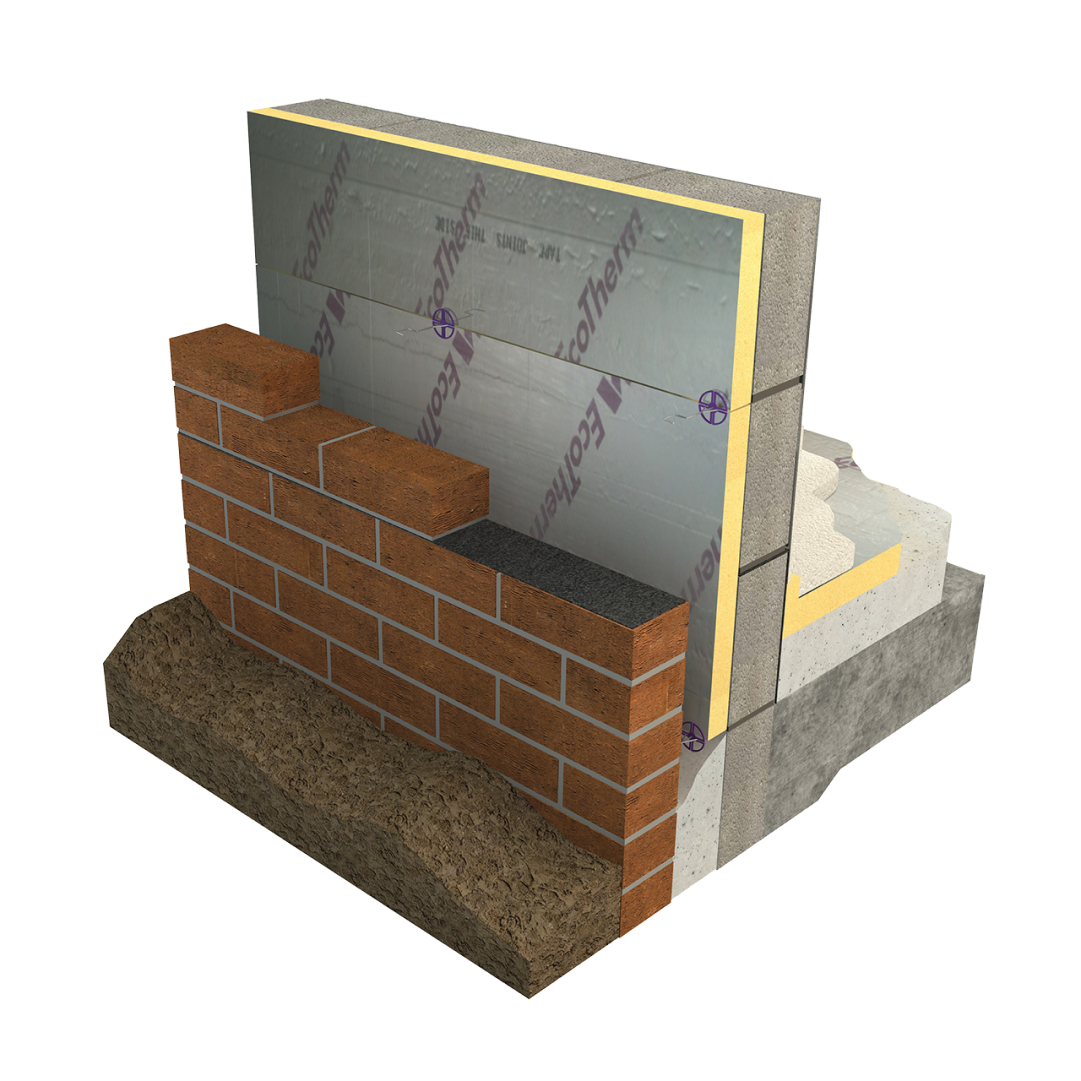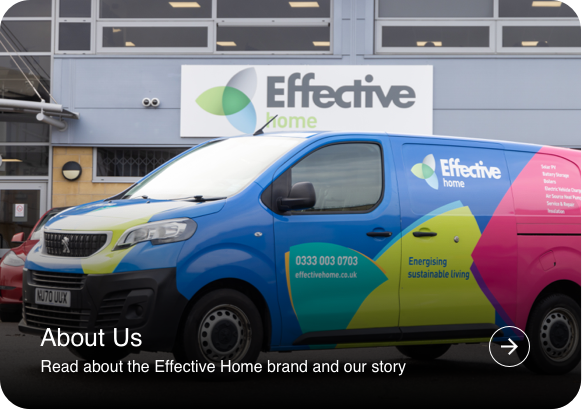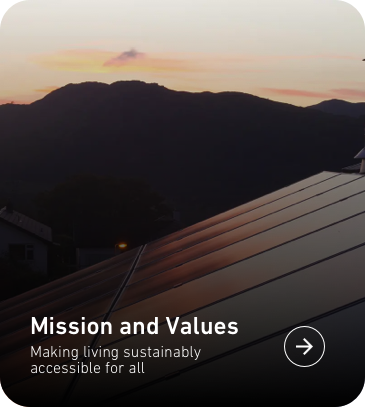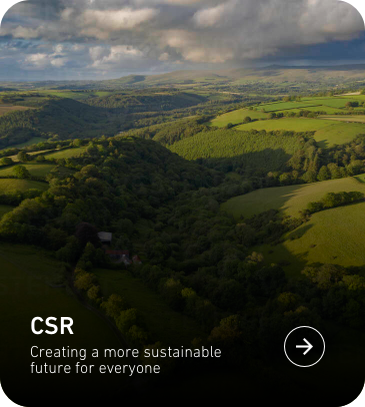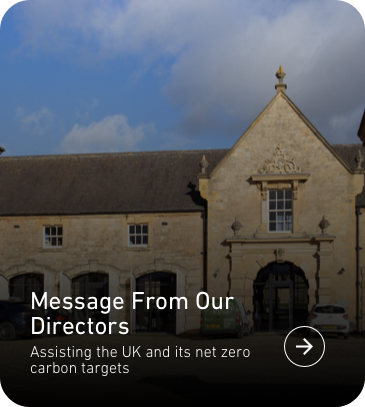Customer FAQs
How efficient are solar panels?
Solar panel efficiency is graded by the overall light energy that hits those solar panels and current market leading panels are between 21 – 24% efficient. Effective energy use only market leading Tier 1 panels and average efficiency for these is 22-24%
How do solar panels work?
UV rays and light that hits the solar panels is converted into useable energy by way of inverter connected to the property’s consumer unit. Solar panels work in cloudy conditions it is the light that hits solar panels not sunshine.
Do solar panels work when its overcast?
The UV ray light that the solar panels convert to energy not direct sunshine, however when the sun is out the UV rays are stronger so the production is much higher but solar panels will still produce in murky conditions.
How does solar battery storage work?
Energy that is not consumed by the property is transferred into the property for the property to use at a later date, as the property demands it. Batteries have different depths of discharge and different efficiency rates; however, it is in the customers interest to store any energy they are not using for use in the evenings and overnight to maximise their savings.
How long do solar panels and batteries last?
Solar panels have a performance guarantee for 25 years, after 25 years use their performance will typically still be at 80% of install capacity. Battery warranties are typically between 5 – 10 years currently and these are improving as technologies are improving all the time.
What are the different types of solar panels and battery?
There are two main types of solar panels, Monocrystalline and polycrystalline. There is no significant difference in the efficiencies of both types and a very standardised approach to solar panels manufacturing globally. Whereby the efficiencies are at the 22 – 24% range. In terms of battery, they use lithium iron technology, it’s the same batteries as you see in EV’s. Hugely efficient and higher storage capacities than we have ever seen. The drive towards production for EV’s is reducing the manufacturing costs for batteries.
Can I make-off my usage?
Any energy that you produce and use you will be saving off your energy bills. Any energy that you use and store you will be saving off energy bills later, eg. Of an evening or overnight. Any energy that you cannot use and cannot store because the battery is full you can sell back to the grid for a smart export guarantee. Industry leading rates are currently circa 20p per unit. In addition to that there are a variety of very smart solar compatible tariffs which allow you to force charge and sell energy from your battery to maximise the income you can receive. If you are thinking about getting an EV or have got an EV you are able to charge this extremely efficiently and cheaply using your solar and battery as well as any smart tariffs which will amplify you savings especially when compared to a diesel or petrol vehicle.
How are solar panels fitted to my roof?
All the systems are on industry standard mounting systems, and these are connected to the rafters within your roof. This is standard industry practice globally; all workmanship comes with at least a 2-year warrantee. A full survey is undertaken prior to any installation.
What to expect on the day of installation?
The kit will arrive on the day of installation along with the installation crews, the scaffolding will arrive 1 or 2 days prior to installation and erected. This will be arranged with the customer. The installation team will complete the roof work and the technical work and then mount the invertor and battery in a suitable location which would have been pre agreed with a customer. By the close of play on the day the customer will have a fully working system up and running and a full demonstration will be given to the customer regarding the functionality of the system. As well as being shown the app they are able to monitor the system on to measure system production and performance. A handover pack will then be provided to a customer within 7 days of install which includes all certifications all warranties and next steps.
How much will it be?
Solar starts from £3900, solar with a battery starts from £7200. All quotes will be designed with the customer and be suitable to their requirements and their property needs.
Will I own the solar panels?
Yes, this is an outright purchase, whether you are doing this via finance or via your mortgage it is your system, you own it, you manage it, you maintain it.
How will insulation help my home?
25% of heat is omitted through the roof of an uninsulated property and 35% through the walls. Therefore, correct insulation Is the bedrock of making sure your property is as efficient as possible. A poorly insulated home can never achieve the standard of EPC that is needed and is the first step in ensuring energy efficiency. It is also the cheapest and easiest to install.
How long will it take to install?
Cavity wall insulation usually taking less than 4 hours and loft insulation usually taking less than 2 hours and the results are immediate.
How much will loft and cavity insulation cost?
Loft insulation starts from £400 and cavity insulation from £700 and the installation is tailored to the specific requirements and square footage of the property.
What are the benefits of insulation?
The biggest energy emitter of a property is through poorly insulated walls and roofs. It is the single, simplest step to ensure energy efficiency within anyone’s property.
Does cavity wall insulation cause damp?
No, the cavity wall insulation that Effective use is Therma bead which is designed to safely allow walls to permeate moisture and air and allow the property to breathe. In the past poorly insulated fibre-based products have led to issues such as damp and this is not the case in the industry now. We are actively removing fibre from poorly installed properties and reinstalling Therma Bead to prevent this in the future.
Does my loft need to be clear?
Your loft needs to be clear and empty before any work is to be undertaken, we will not move nor clear a loft to start work. We advise that you do not use your loft for storage in future.
How will we know if the retrofit has improved the energy efficiency of the property?
To determine if a retrofit has improved the energy efficiency of a property, a re-assessment is typically conducted at the end of the project. This involves:
Energy Performance Certificate (EPC) Re-assessment: A new EPC is issued, which provides an updated rating of the property’s energy efficiency. Comparing this with the pre-retrofit EPC will show any improvements.
Energy Usage Monitoring: Comparing energy bills and usage data before and after the retrofit can indicate improvements in energy efficiency.
Occupant Feedback: Gathering feedback from occupants about changes in comfort levels and energy costs can also provide insights into the effectiveness of the retrofit.
What is an EPC?
An Energy Performance Certificate (EPC) is a document that measures a property’s energy efficiency. It provides a rating from A (most efficient) to G (least efficient) and includes recommendations for improving energy efficiency. EPCs are legally required when selling or renting properties in the UK.
How is an EPR different from an EPC?
An Energy Performance Report (EPR) is similar to an EPC in that it assesses the energy efficiency of a property. However, the key difference is that an EPR is for reference purposes only and is not a formal certificate. Unlike EPCs, EPRs do not need to be registered on the government’s Landmark database and do not satisfy legal requirements for property transactions.
Any further questions? Please contact us
For any further questions please contact us on the below form, one of the team will be back to you shortly.
